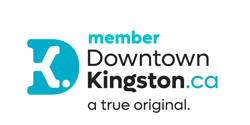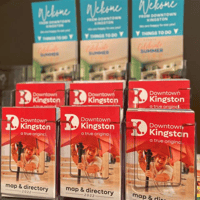Financial Aid Resources
Are you looking for some useful resources and financial aid?
The following resources are available for financial support. We'll try our best to update this page and stay up with the varying degrees of government support.
Hello Members! Before starting the application process for a programme, please carefully read the material provided. Since most of the programs are only available to people who already own, run, or intend to start a business, they can only be applied for by these people.
 |
|
|
Digital Transformation Grant ProgramCLICK HERE |
|
Big Grant, for Small Business 2022CLICK HERE |
%20-%20new%20website%20(11).png?width=311&name=TEMPLATE%20Member%20site%20images%20(2048%20x%202048px)%20-%20new%20website%20(11).png) |
|
|
Industry Development ProgramCLICK HERE |
|
Music Industry Initiative ProgramCLICK HERE |
|
|
|
|
Business Online Grant to small businessesCLICK HERE |
|
Government of Canada ResourcesCLICK HERE |









